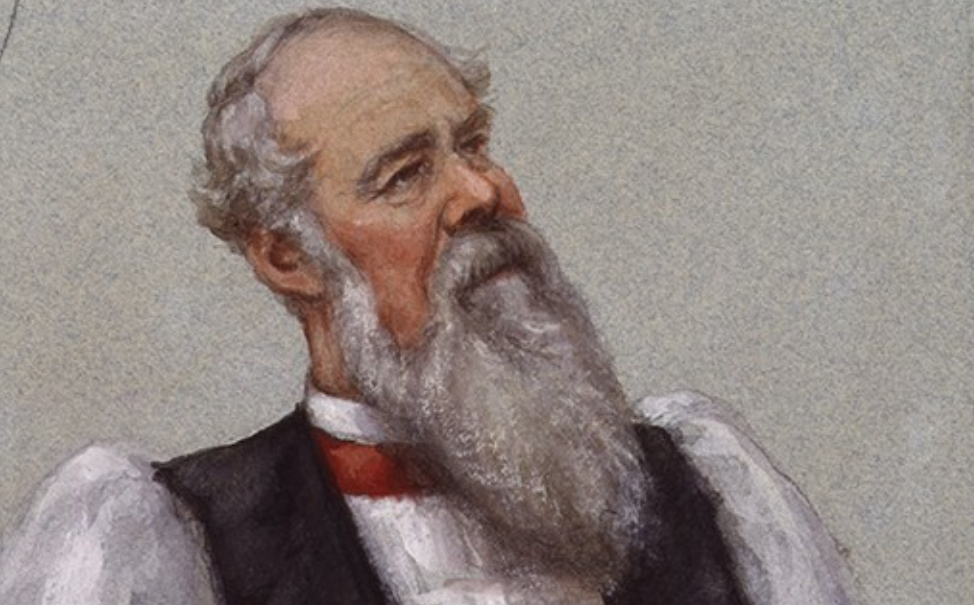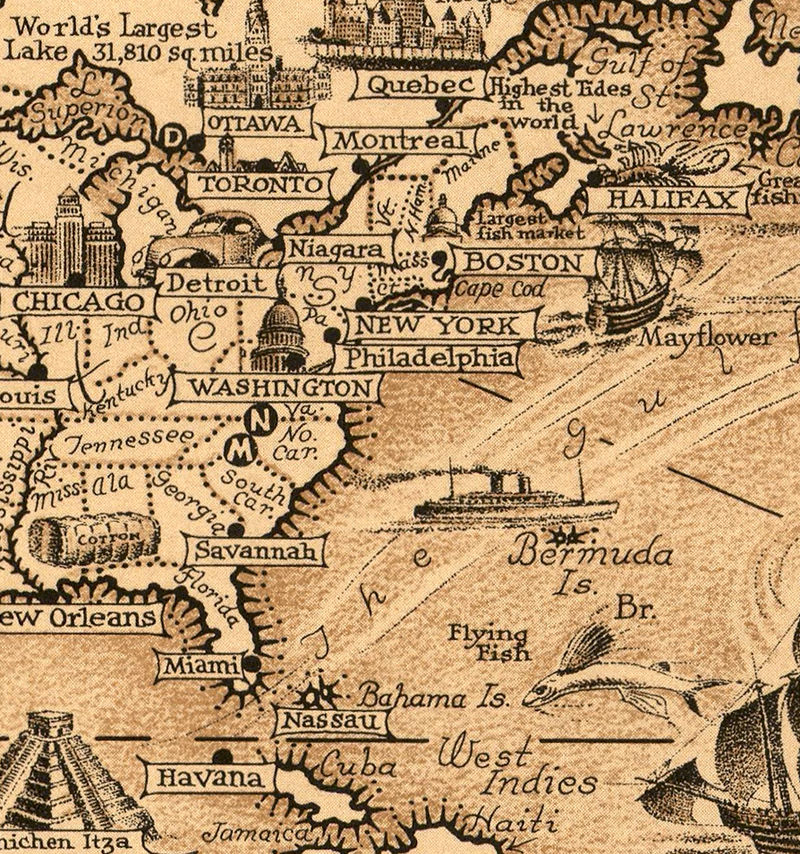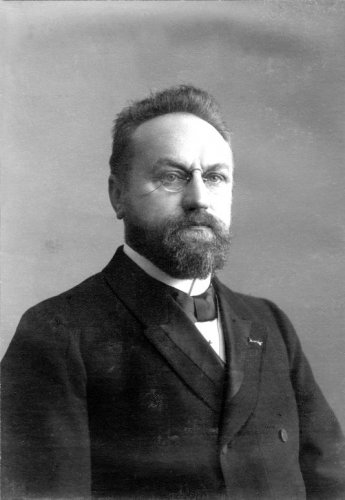The following is taken from J. C. Ryle’s exposition of John 3:22-36.
“On one account, this passage deserves the special attention of all devout readers of the Bible. It contains the last testimony of John the Baptist concerning our Lord Jesus Christ. That faithful man of God was the same at the end of his ministry that he was at the beginning. the same in his views of self–the same in his views of Christ. Happy is that church whose ministers are as steady, bold, and constant to one thing, as John the Baptist!
“We have, firstly, in these verses, a humbling example of the petty jealousies and party-spirit which may exist among professors of religion. We are told, that the disciples of John the Baptist were offended, because the ministry of Jesus began to attract more attention than that of their master. ‘They came unto John, and said unto him, Rabbi, he that was with you beyond Jordan, to whom you barest witness, behold the same baptizes, and all men come to him.’
“The spirit exhibited in this complaint, is unhappily too common in the Churches of Christ. The succession of these complainers has never failed. There are never lacking religions professors who care far more for the increase of their own party, than for the increase of true Christianity; and who cannot rejoice in the spread of religion, if it spreads anywhere except within their own denomination. There is a generation which can see no good being done, except in the ranks of its own congregations; and which seems ready to shut men out of heaven, if they will not enter therein under their banner.
“The true Christian must watch and pray against the spirit here manifested by John’s disciples. It is very insidious, very contagious, and very injurious to the cause of religion. Nothing so defiles Christianity and gives the enemies of truth such occasion to blaspheme, as jealousy and party-spirit among Christians. Wherever there is real grace, we should be ready and willing to acknowledge it, even though it may be outside our own pale. We should strive to say with the apostle, ‘If Christ be preached, I rejoice, yes! and will rejoice’ (Phil. 1:18.). If good is done, we ought to be thankful, though it even may not be done in what we think the best way. If souls are saved, we ought to be glad, whatever be the means that God may think fit to employ.”






